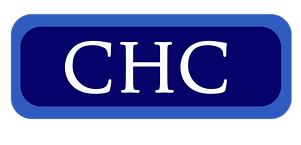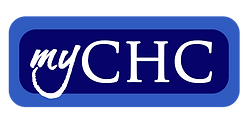The Council for Homeopathic Certification (CHC) considers the following to be rights of the client in a health care setting, to be respected at all times in homeopathic practice:
Access
Each individual has a right to impartial access to homeopathic care, regardless of any personal belief, circumstance, or condition unless there is a valid legal reason that would prevent such access.
Confidentiality
The client has a right to confidentiality. The homeopath must not communicate in any form the contents of case records or personal information obtained within the practitioner/client relationship, as outlined in any governmental regulations for Canadian and US health care providers, except with the written permission of the client, in the case of emergency, or in response to a valid demand by government authorities. Appropriate safeguards should be taken with client records to prevent any unauthorized access to them. Case records or summaries should be provided promptly when properly requested in writing by a client.
Boundaries
The client has a right to expect the homeopath to keep appropriate professional boundaries in the client/practitioner relationship. The inherent nature of this type of relationship tends to place the practitioner in a position of influence, and the client in a position which may be, to some extent, dependent. The homeopath must therefore scrupulously avoid any exploitation of this relationship through inappropriate personal, sexual, or financial interaction always keeping in mind that the purpose of the relationship is to help improve the client’s health.
Privacy
The client has a right to be interviewed and examined in surroundings that afford reasonable visual and auditory privacy. Individuals who are not directly involved with the client’s care shall not be present without the client’s permission, and shall not observe through remote audio/video access, or through video recordings without the client’s express consent.
Advocacy
The client has a right to have another person present during any interviews or examinations. Physical examinations should only be performed by appropriate practitioners, and the client should remain disrobed only as long as is required for the examination. If the client is a minor, a parent or guardian has a right to be present during the examination and interview.
Self-Responsibility
The client has a right to actively participate in any and all decisions regarding his or her health care. This includes the right to refuse any recommendations (of homeopathic care or other kinds of health care) or referrals to other practitioners, to the extent permissible by law even after being informed of possible adverse consequences. If a client or a client’s legally-authorized representative declines to follow recommendations in such a way that this prevents the homeopath from providing care in accord with professional standards, the homeopath may terminate the professional relationship with the patient/client upon reasonable notice, and in a professional manner.
Adjunct Therapies
The homeopath may offer, in addition to homeopathic care, any health-care skills that he or she is trained & competent to use, as long as such techniques or approaches are appropriate to the client’s condition, and legal for the individual practitioner to practice. The homeopath must carefully explain such adjunct therapies, and make it possible for the clients to decline them if they wish. The homeopath shall make available documentation of his or her credentials and training for the practice of any type of therapy offered to the client, and must always allow the patient/client the freedom to accept or decline any type of therapy.

